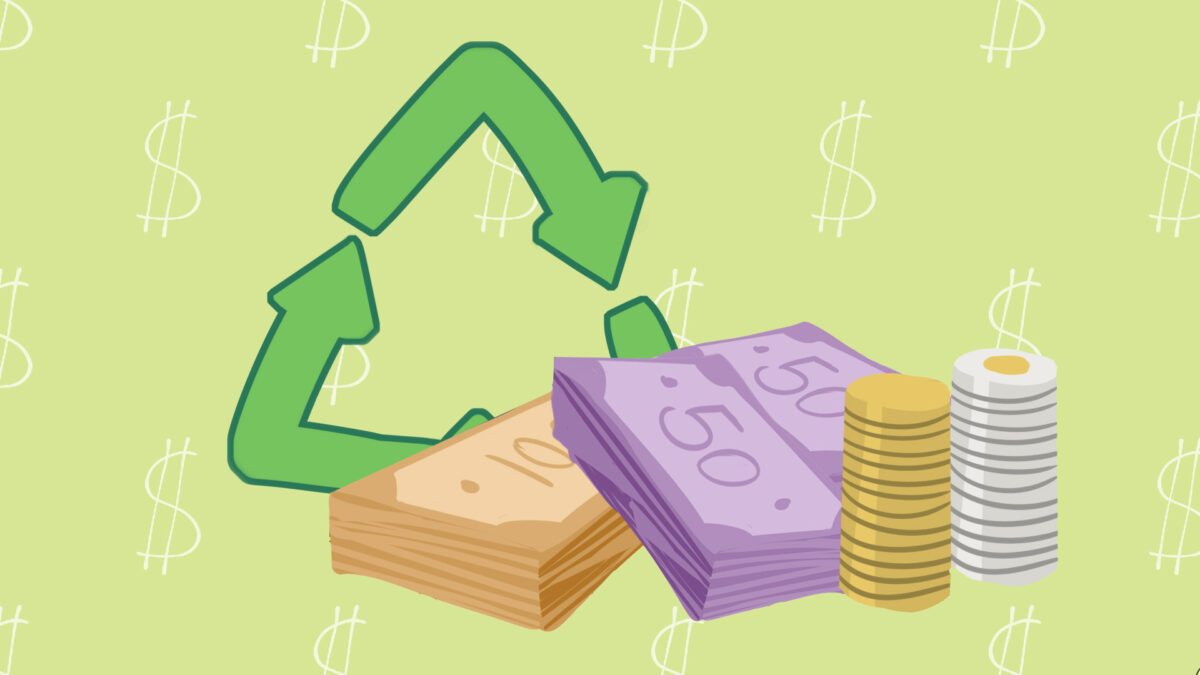The measures fall short of full divestment

The UVic Foundation has announced that their equity portfolio no longer invests in companies involved in the extraction and processing of coal, oil, or natural gas. Although they may consider investing in these companies in the future, the foundation will also remain committed to reducing the carbon intensity of their portfolio by 45 per cent by 2030.
“We see decarbonization as much more than just focusing on energy companies,” Mary Garden, the chair of the foundation’s board, said. “It’s about focusing on all organizations … [and] looking at ways that we can ensure that our portfolio supports those decarbonization targets and supports companies that are moving in the right direction.”
This move is part of a broader strategy. The Foundation’s new responsible investment policy elaborates on their investment goals and the environmental, social, and governance factors their investment managers are tasked with weighing.
The UVic Foundation is a separate entity from UVic. They manage more than $525 million in assets and distribute more than $17 million to UVic every year in the form of scholarships and other donations.
In 2017, their energy equity holdings in the Main Investment Pool were 8 per cent of the portfolio. In their report from September, those holdings were only two per cent of the portfolio — about $10.5 million. That figure is now zero.
60 per cent of the UVic Foundation’s investments are in the equity fund. The other 40 per cent of the Main Investment Pool is in fixed income, real estate, and infrastructure. There are no fossil fuel investments in the real estate holdings and limited fossil fuel investments in the infrastructure holdings. In the fixed income, $2.1 million is invested in the production and processing of fossil fuels. *
The foundation projects that this figure may change in the future as they adjust their investments across all funds to align with their new target.*
UVic also has their own investments. The university has $225 million invested through their Working Capital Fund, which divested from fossil fuels in February. The foundation’s decarbonization target of reducing their carbon intensity by 45 per cent by 2030 mirrors the Working Capital Fund’s goal in their responsible investment policy, which was set in January 2020.
However, decarbonization does not mean divestment. The Foundation is not ruling out investing in fossil fuel companies in the future but, as of now, they no longer have any investments in the industry. Garden says investing in a fossil fuel company in the future would have to take this new target into account and consider whether or not that company is shifting their priorities to be better aligned with the foundation’s investment aims. The Fossil Fuel Free Investment Pool will remain free of any investments in fossil fuel companies.
“Our approach has been that responsible investment is a strategy and a move towards decarbonization is a strategy,” she said. “But divestment as a strategy is not something that we are supportive of. We believe it plays a part in a decarbonization strategy, but it is not a strategy of its own.”
The Foundation’s new responsible investment policy is guided by measuring carbon intensity. Carbon intensity looks at how much carbon is used in production. It doesn’t include other down-the-line emissions created by using the company’s products. For example, if the university invested in a car company, it would take into account the emissions that make those cars required but not the emissions from the cars once they are on the road.
Robin Pollard, the UVSS director of campaigns and community relations and a lead organizer with Divest UVic, says the announcement is an “ambivalent win” for the students and faculty involved in the campaign.
“This announcement is an important step,” they said. “It’s a bit murky and there’s still a lot of work to be done.”
Going forward, Pollard says Divest UVic will try to hold the university accountable and advocate for even more responsible investing.
The Foundation will continue releasing annual Responsible Investing Reports and providing quarterly updates on their website with details on the portfolio’s performance. Their last annual report was released in September and was the first to give a glimpse into the Foundation’s responsible investment goals.
“The board of the foundation has made a commitment to enhance communication going forward,” Garden said.
*Correction from the Editor: an original version of this article stated that 60 per cent of the UVic Foundation’s investments were in the equity fund and the other 40 per cent were in the Fossil Fuel Free fund. This has since been corrected. 60 per cent of the UVic Foundation’s Main Investment Pool is in the equity fund while the other 40 per cent is in fixed income, real estate, and infrastructure. The Fossil Fuel Free fund is a separate pool entirely.







